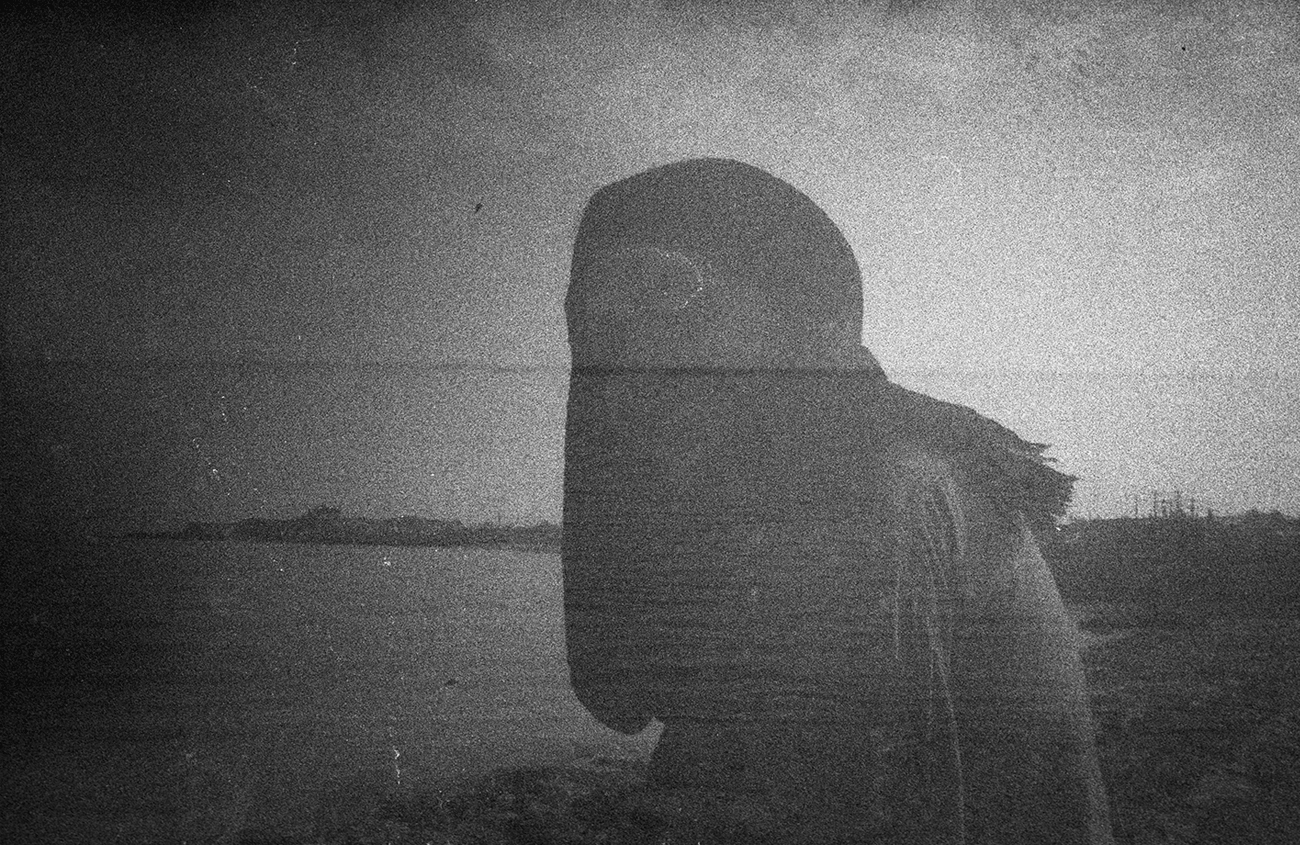Magic Naturalism: Emil-Iulian Sude’s Poetry
Diana Manole
Emil-Iulian Sude’s poetry is defined by an organic mixture of irony and self-irony with existential reflection, the search for identity, human rights concerns and the challenging of gender, as well as ethnic, and classist discrimination. The whole makes for a literary style I previously identified as magic naturalism in the note I wrote to accompany the first ever translations and publication of his poetry in English (Winter 2022 issue of Asymptote). Surrealist images are often built into everyday details, like in the poems I have translated for this issue of ellipse: “i gather fireflies in a plastic bag for phosphorescent paint / against rheumatism” (“My energy runs out”); “we ooze dandelion syrup through all our holes” (“Everybody has room next to us.”); “they have a winding key they turn / in a small opening in their sandals to raise the heels” (“Up to the third floor”). Avoiding both self-victimization and explicit sociopolitical activism, Sude’s poetry speaks about (in)visibility as a double form of discrimination and prejudice. Himself Roma, both he as the author and his poetic alter ego belong to the Roma ethnic minority. Enslaved in Eastern Europe, and specifically until 1856 in Romania, Roma have been discriminated against, feared or derisively stereotyped, mistreated or ignored ever since. As a security guard, Sude also reflects on the experience of classist mockery and, often, invisibility through his poems. The speaker and his workmates are either derided for “toothless mouths” and “unwashed socks,” or remain literally unseen, to the extent that they sometimes implode, or are expressed as stereotypes: “mister and missus parents look through me. / once i greeted a wall between the walls.”
Translating literature means translating culture, someone has recently reminded me. Some subtextual references can be explained but not translated without disfiguring a poem. Like is customary in French with titles like Mme professeure de roumain, “doamna profesoară de română” has been abbreviated in spoken Romanian to “doamna de română” [word by word, the miss/lady of Romanian] since at least the 1970s when I was an elementary school student in communist Romania. To subvert the official “comrade teacher,” my peers and I called all our female teachers “doamna” [miss, lady], much like Sude’s speaker does when mentioning the Romanian and music teachers in the poem “Până la etajul trei” [Up to the third floor]. Perhaps some of the implied reverence is missing in translation, but using an uncommon English expression, such as “the [lady] teacher of Romanian” would add to the poem a social inferiority complex that does not exist in the original, and would therefore reinforce the ethnic stereotypes Sude challenges in his work. For example, the poem’s final line, “numai blond nu pot să mă dau” [only blonde i can’t pretend to be], hints at Romanians’ common prejudices against the Roma, with “blonde” a metonymy for being White.
“Să-i fim de folos când nu mai folosim la nimic ea tot mai cere de la noi” [It still asks us to be useful when we’re just useless to everyone] is one of Sude’s existential poems. As the poet confirmed, “ea” [she] represents “death and/or life or both.” Given the absence in Romanian of a pronoun which can identify inanimate and non-human beings [“it,” in English], Sude’s word choice is not a grammatical personification, yet remains a philosophical one. To avoid a sociopolitical reading in English of “she” perceived as an oppressor of Roma people, I made the difficult decision of using “it” in the hope that it would invite readers to more in-depth reflection.
The differences between Romanian and English, especially the lack of declension of nouns and adjectives in English, make translating poetry quite difficult in general. Sude’s lack of punctuation and capitalization, his use of surrealist images, and occasional made-up idioms inspired by Romani expressions, add to the usual challenges. Finding the best solutions can be a fascinating task, while it also serves as a way to introduce English readers to Roma literature from Romania in general, and Sude’s poetry in particular.

